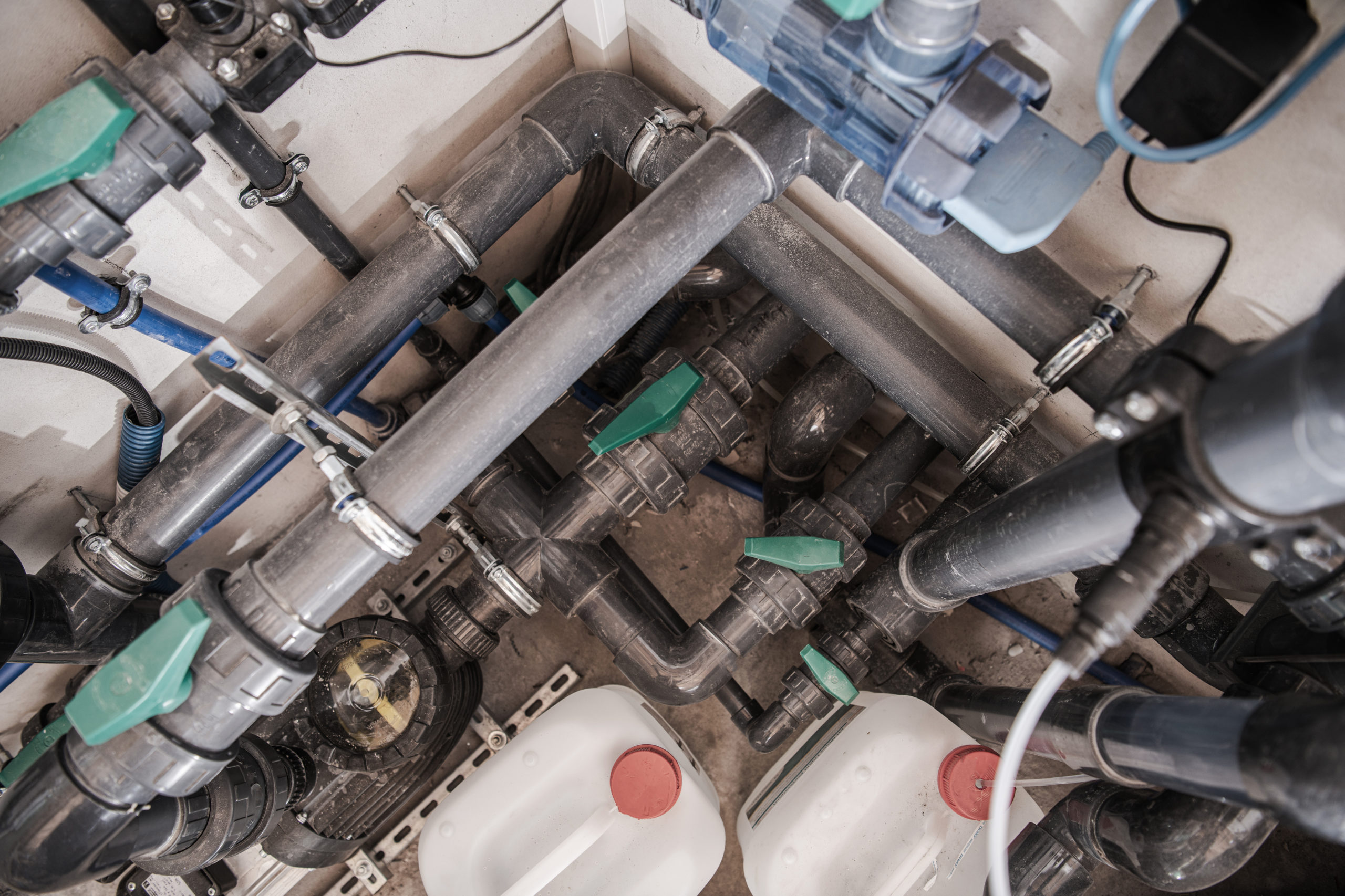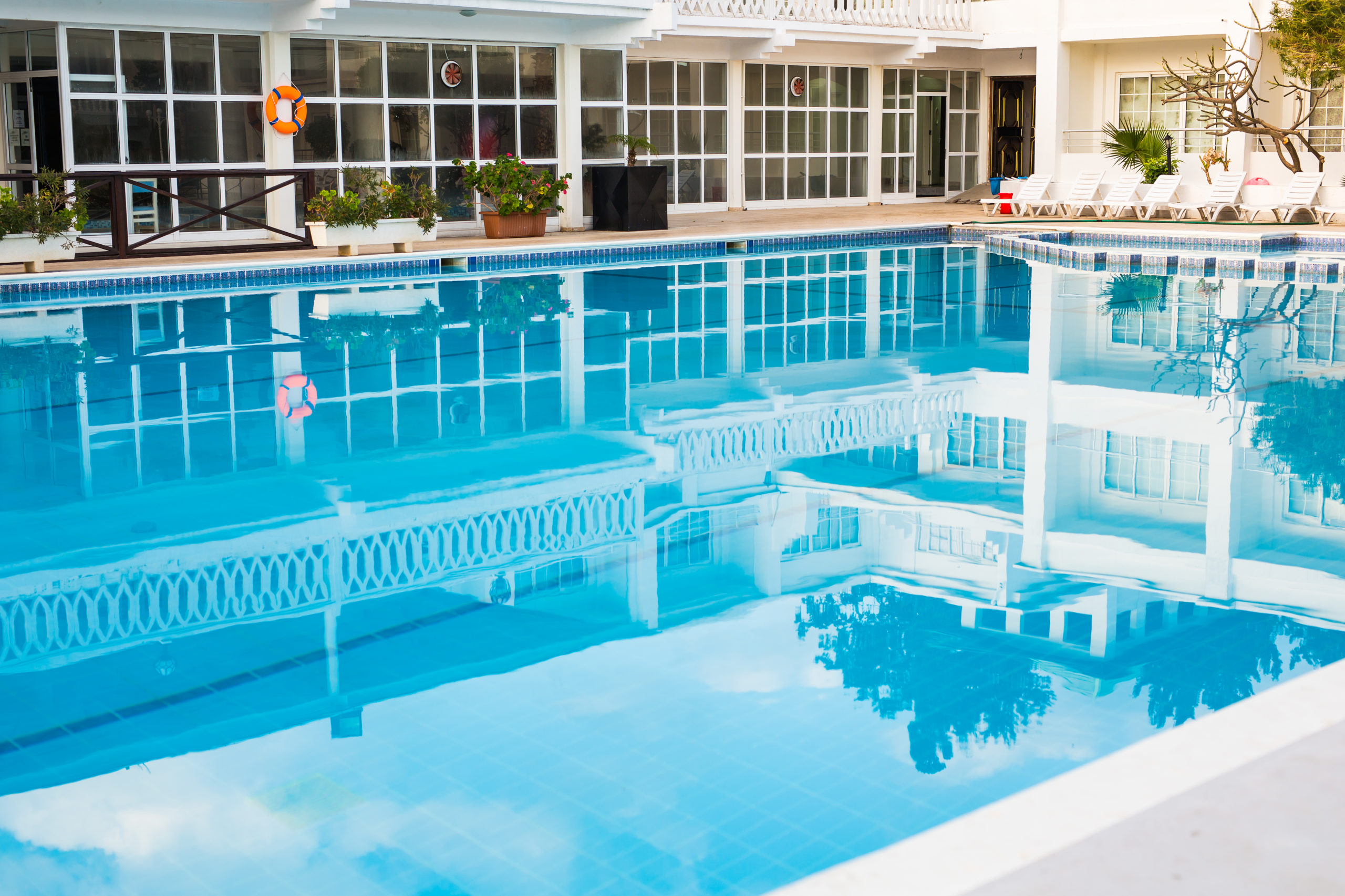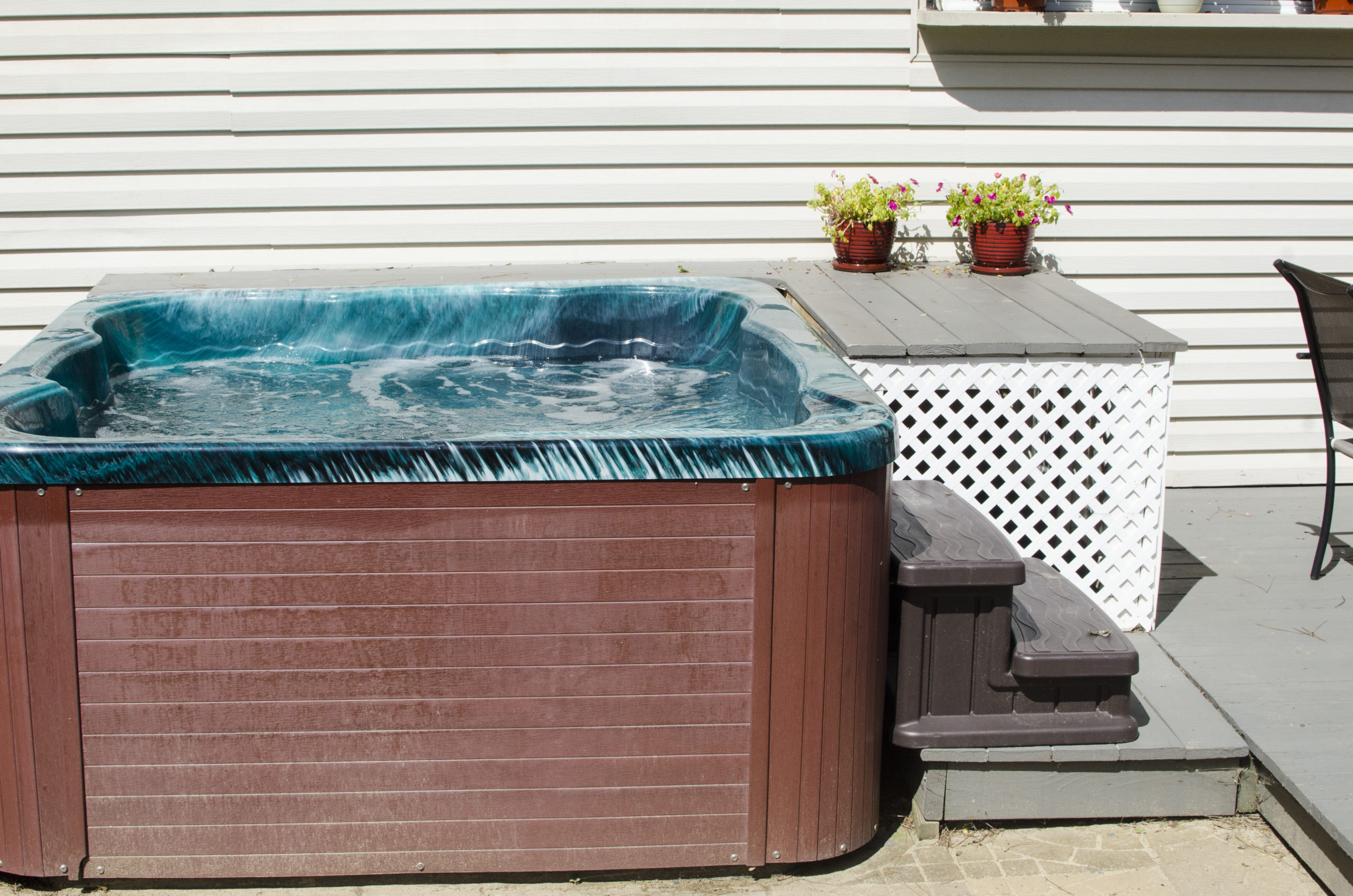
Legionnaires’ disease is caused by the bacteria genus Legionella. Infection occurs when an infectious dose of the bacteria enters deeply into a susceptible person’s lungs, either by inhaling contaminated aerosolized water droplets, or by aspirating water into the lungs. The outbreak of Legionnaires’ disease which this paper deals with occurred in Ocean City, Maryland. In total, there were nine confirmed cases associated with the hotel. This paper explores several lawsuits filed against the hotel. Hotel guests who contracted the disease filed suit in federal court, applying Maryland state law, and Maryland state court. The victims brought claims for negligence, punitive damages, and violation of Maryland’s consumer law. This paper…





